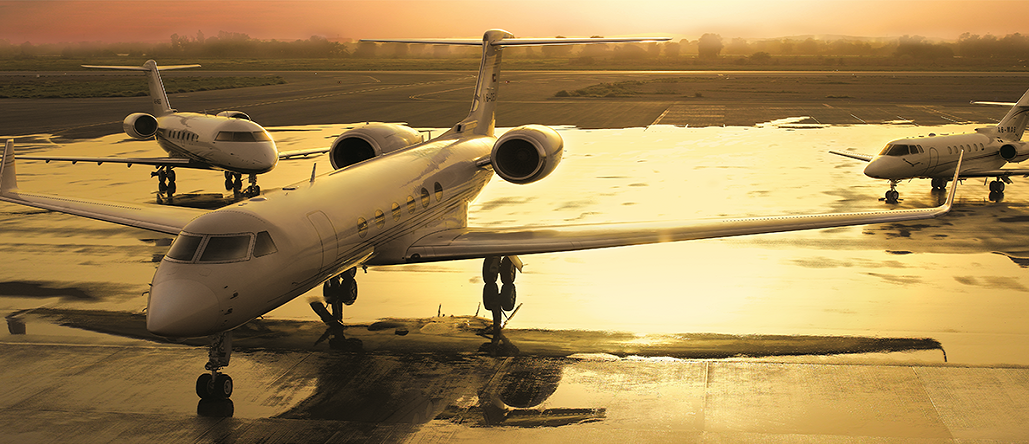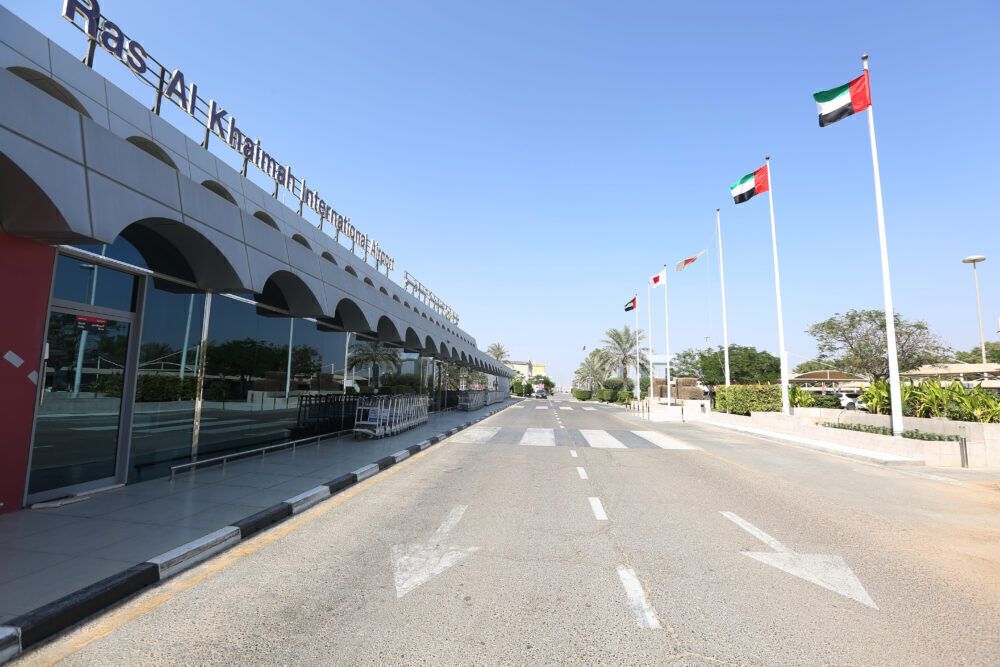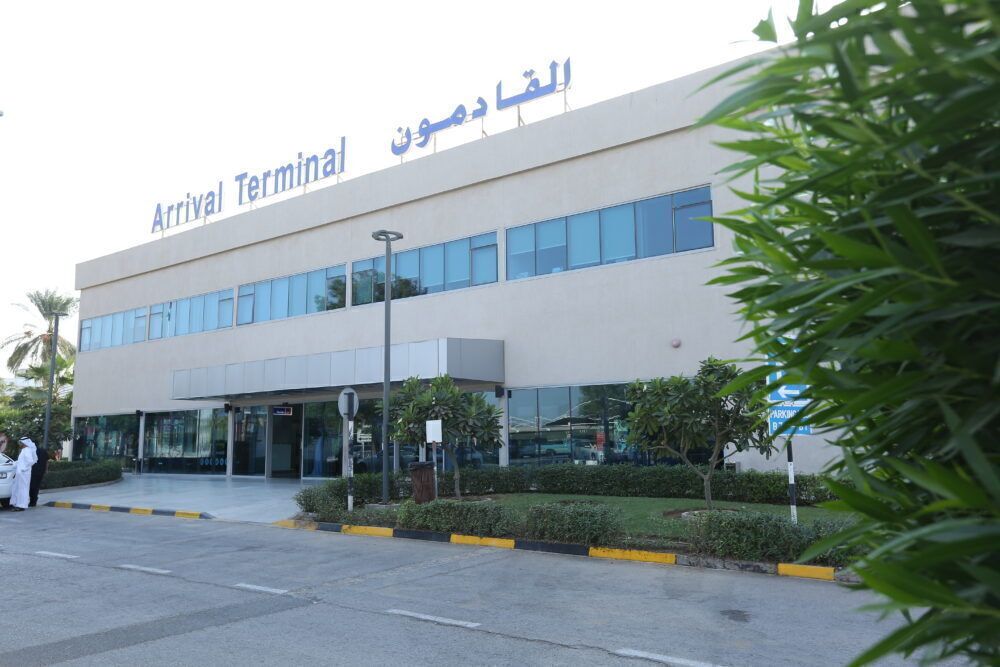Ras Al Khaimah International Airport is a growing aviation and logistics hub. It prides itself as being the fastest expanding aviation hub in the United Arab Emirates. However, it has even bigger ambitions this decade. The airport’s CEO, Sanjay Khanna recently told Simple Flying that the site seeks to innovate alongside the airlines that serve the destination and expand with the utilization of modern technology.
An alternative offering
Presently, RAK Airport is going through a comprehensive expansion strategy, which is its biggest since it was established 50 years ago. While neighboring airports such as Dubai and Abu Dhabi are hubs for long-haul full-service carriers, RAK has found a strong grip when it comes to regional and low-cost carriers. The likes of Air Arabia, Air India Express, flyEgypt, Pegasus Airlines, SCAT Airlines, SpiceJet, and Ural Airlines all service the airport.
The area is not tied down to traditional income streams of the region, such as oil revenues. Therefore, it can be flexible with its strategies. As a result, the emirate has embarked on an exciting economic diversification strategy that seeks to see innovation and knowledge-based industries contribute a greater share of its GDP.
Identifying opportunities
Mr. Khanna explains that even before the pandemic, the northernmost emirate in the UAE had scaled up its e-service offerings. This process made it easier to access government services remotely. So, the coronavirus outbreak just catalyzed this move by compelling companies to use these services amid the requirement to work remotely.
Thus, in the new climate, RAK has its sights to become a hub for modern markets. It is, therefore, vying to attract innovative businesses and making it easier for them to conduct operations in the area.
“Post pandemic, we expect that Ras Al Khaimah will become a hub for new digital and smart businesses. Only in March 2021, Ras Al Khaimah launched new gaming business packages with 3-year UAE residency visas – this is the direction that the emirate is heading in – creating a knowledge economy - and is one that has been boosted by the enforced changes in conducting business that have been a consequence of the pandemic,” Khanna told Simple Flying.
“Ras Al Khaimah International Airport stands ready to be a main facilitator of this new direction through its role as a growing logistics and travel hub.”
Nonetheless, it’s not only gaming industries that RAK acknowledges. Its growth strategy includes a greater focus on tourism to complement its already established economic base of heavy industry and manufacturing. Notably, it’s setting itself up as an “adventure and nature tourism hub.”With sights such as the Hajar mountain region, which includes the UAE’s tallest peak, Jebel Jais, there is an abundance of natural wonders for visitors to check out.
Preparing well
Ras Al Khaimah isn’t letting the challenging industry conditions slow its ambitions. In March, it hosted the Arab Aviation Summit, the emirate’s first major industry in-person event since the outbreak of the pandemic. The event saw 200 experts from across the globe participate in a series of panel discussions, presentations, and workshops that outlined a post-coronavirus future. A key takeaway from the summit was that greater cooperation between all parties, whether private or public, is needed for the global economy to bounce back.
RAK is keen to carry on this dialogue throughout the year. It is excited for Expo 2020, which will be hosted in its fellow emirate, Dubai between October 2021 and March 2022. Mr. Khanna and his colleagues expect a considerable surge in passenger numbers for this event and seek to make the most of its legacy for several decades.
Altogether, RAK has already upgraded its passenger terminal, revitalized its public transport infrastructure, and added a new cargo terminal. These measures will undoubtedly contribute to the emirate’s goal of becoming a hub for modern business.
What are your thoughts about Ras Al Khaimah’s strategy? Let us know what you think in the comment section.



